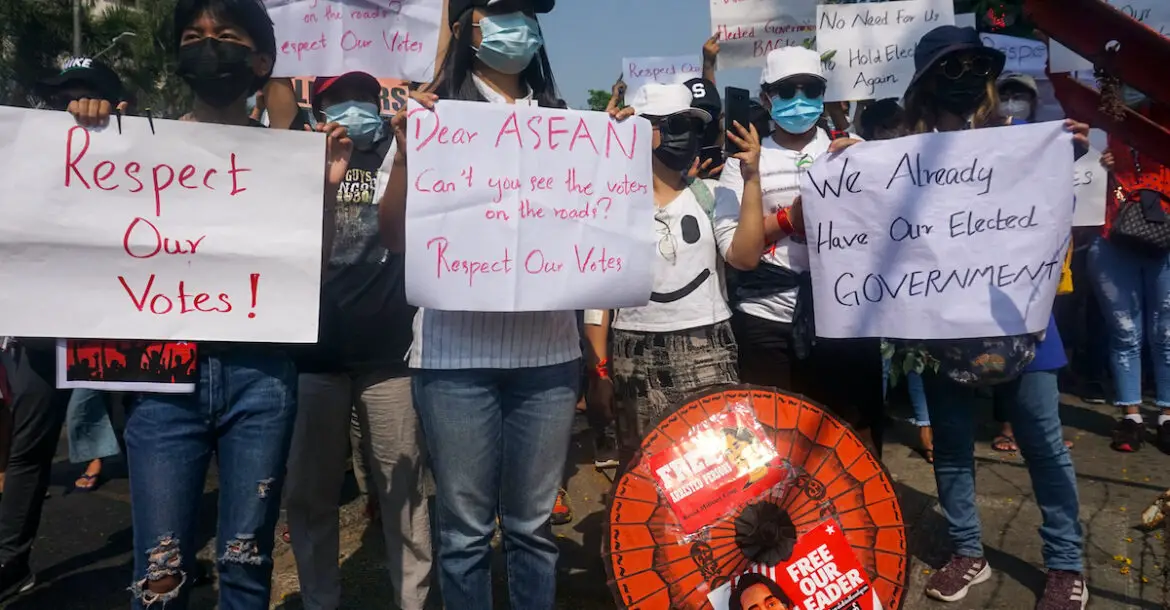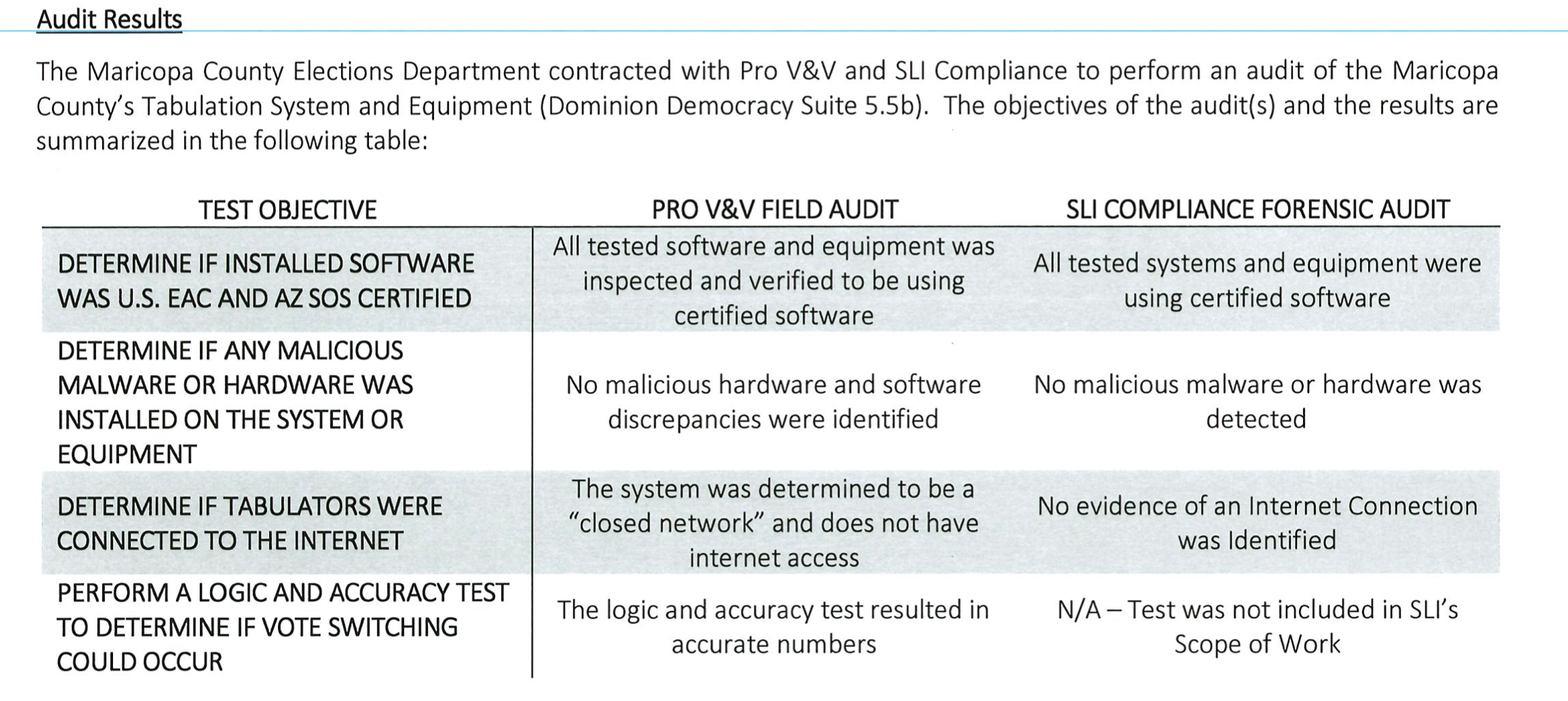Eliza Relman
Three Republican senators grilling Interior Secretary nominee Rep. Deb Haaland this week have denied well-established climate science.
Republicans attacked Haaland during her confirmation hearings for previously arguing that the GOP doesn't "believe in science."
Haaland's nomination is evidence of increasing national concern for climate issues.
Three Republican senators grilling Interior Secretary nominee Rep. Deb Haaland this week have denied well-established climate science, even as they vigorously defend their party as pro-science.
Sens. James Lankford of Oklahoma, Mike Lee of Utah, and John Marshall of Kansas -- who sit on the Energy and Natural Resources Committee -- have made statements in recent years rejecting the scientific consensus that humans are a major contributor to climate change and global warming. But Republicans on the committee insist that their positions on energy and the environment are guided by science, and some even accused Democrats of ignoring science.
Lee said in 2019 that the solution to climate change is "more babies" and "technological invention."
"The solution to so many of our problems, at all times and in all places: fall in love, get married and have some kids," Lee said in response to the Democratic Green New Deal proposal.
In 2010, Lankford called global warming a "myth" and said it will eventually be "exposed" as "a way of control more than anything else."
In 2017, Marshall said, "I'm not sure that there is even climate change," during an interview on Kansas radio. In a Wednesday statement to Insider, Marshall claimed that the climate is "always changing," an implicit denial of human-caused global warming.
"Is the climate changing? Sure it is always changing," he said. "That being said, I'm proud the air in Kansas is cleaner than when I was growing up. I'm proud the United States is at a 25-year low for Carbon production, and I look forward to innovative solutions that will create a cleaner, safer, healthier environment."
Spokespeople for Lee, and Lankford didn't immediately respond to Insider's requests for comment.
Prior to her nomination, Haaland, a citizen of Laguna Pueblo and the first Native American ever nominated to a cabinet position, accused Republicans of rejecting science. Wyoming Sen. John Barrasso asked her about a tweet she wrote during last fall's vice presidential debate claiming, "Republicans don't believe in science."
During the portion of the October debate focused on climate, Vice President Mike Pence, a longtime climate science skeptic, refused to acknowledge that climate change is manmade and an "existential" threat.
Barrasso pointed out that he and two other Republicans on the energy committee -- Marshall and Sen. Bill Cassidy of Louisiana -- are physicians.
"Do you think that as medical doctors we don't believe in science?" Barrasso said. "How do you stand by this statement?"
Haaland didn't defend her tweet and replied that she "would assume" doctors believe in science.
Just six years ago, Barrasso claimed "the role human activity plays" in the changing climate "is not known." He has since shifted his position on the issue and advocated for the use of nuclear energy and technological interventions to fight climate change. But the senator has also repeatedly blocked climate legislation and falsely claimed that family farms and ranches would be eradicated under a progressive Green New Deal.
"Say goodbye to dairy, to beef, to family farms, to ranches," he said in 2019. "American favorites like cheeseburgers and milkshake would become a thing of the past."
The vast majority of Republican lawmakers in Washington do not acknowledge that climate change is caused by humans, even if they concede that the climate is changing and the government should do something about it.
During the somewhat tense confirmation hearings, some Republicans questioned Haaland's own fidelity to science. GOP members painted progressive climate policy as ideological, rather than rooted in science and economics.
"Will your department be guided by a prejudice against fossil fuel or will it be guided by science?" Cassidy asked. "Clearly the Biden administration is not guided by science, and Republicans are guided by science." ROFLMAO
Throughout the hearings, Haaland repeatedly stressed her desire to work with lawmakers and constituents across the aisle and said she would implement Biden's agenda, "not my own."
"I want to first assure you that if I'm confirmed as secretary, that is a far different role than a congresswoman representing one small district in my state," she said. "I understand that role. It's to serve all Americans, not just my one district."
Haaland has strong support on the activist left. She has for years supported progressive approaches to climate change, opposed natural gas fracking, and called for the elimination of oil and gas exploration on public land. As President, Joe Biden has put a 60-day pause on oil and gas leasing and drilling on federal land. Republicans have accused Biden of pushing for a national ban on fracking, the controversial extraction practice, but the president has repeatedly said he won't do that.
FACES RACISM AND SEXISM
Haaland is perhaps Biden's most unpopular cabinet pick among Republicans. Sen. Steve Daines, a Montana Republican on the energy committee, called the nominee "a die-hard, far-left ideologue." Haaland's nomination has faced skepticism even from some conservative Democrats, including Sen. Joe Manchin of West Virginia, who chairs the energy and natural resources committee and reportedly has "remaining questions" about Haaland. The Republicans on the committee aggressively pressed Haaland on her positions on fossil fuel energy and the impact environmental policy has on energy producers and rural interests.
But Haaland's nomination also exposes the extent to which public opinion on climate issues have shifted in recent years. A majority of Americans say dealing with climate change should be a top priority for the president and Congress, and two-thirds of Americans -- including the majority of both Republicans and Democrats -- believe the government isn't doing enough to address climate change, according to Pew polling last year.


















